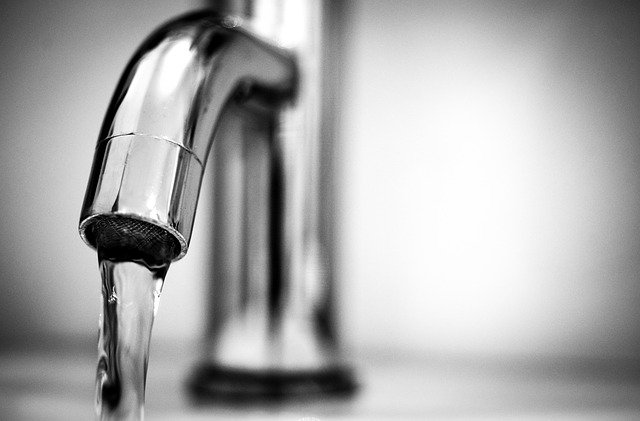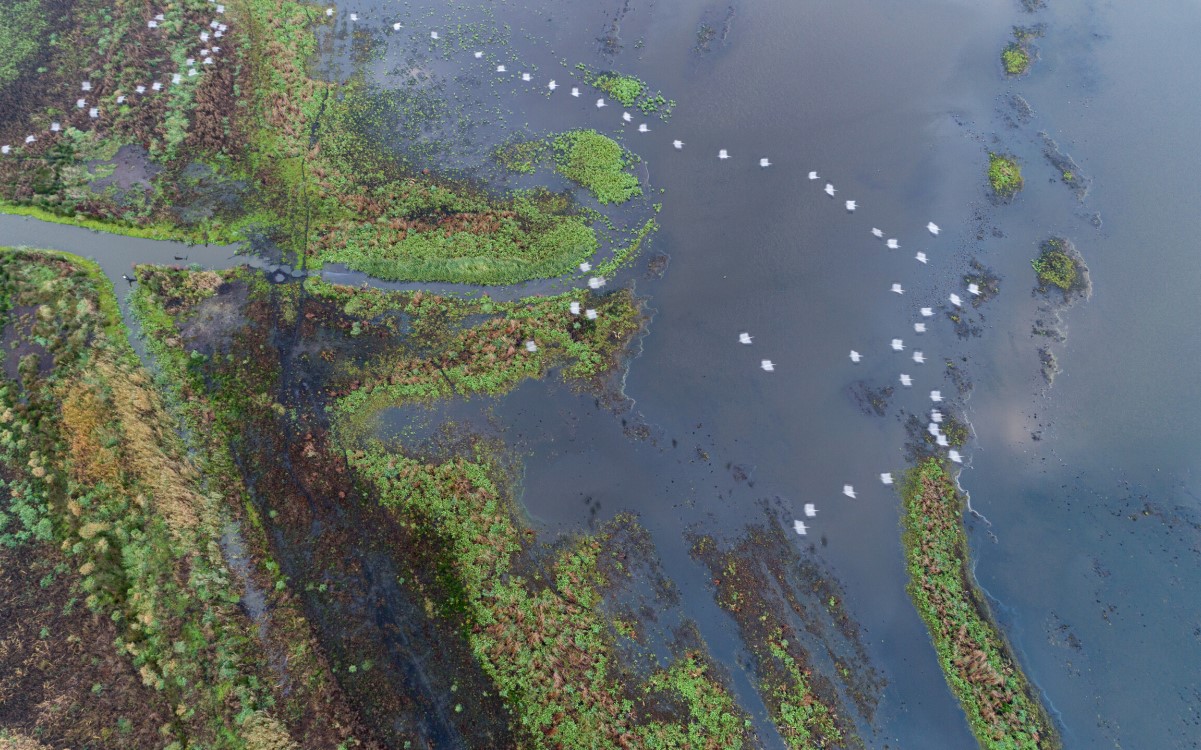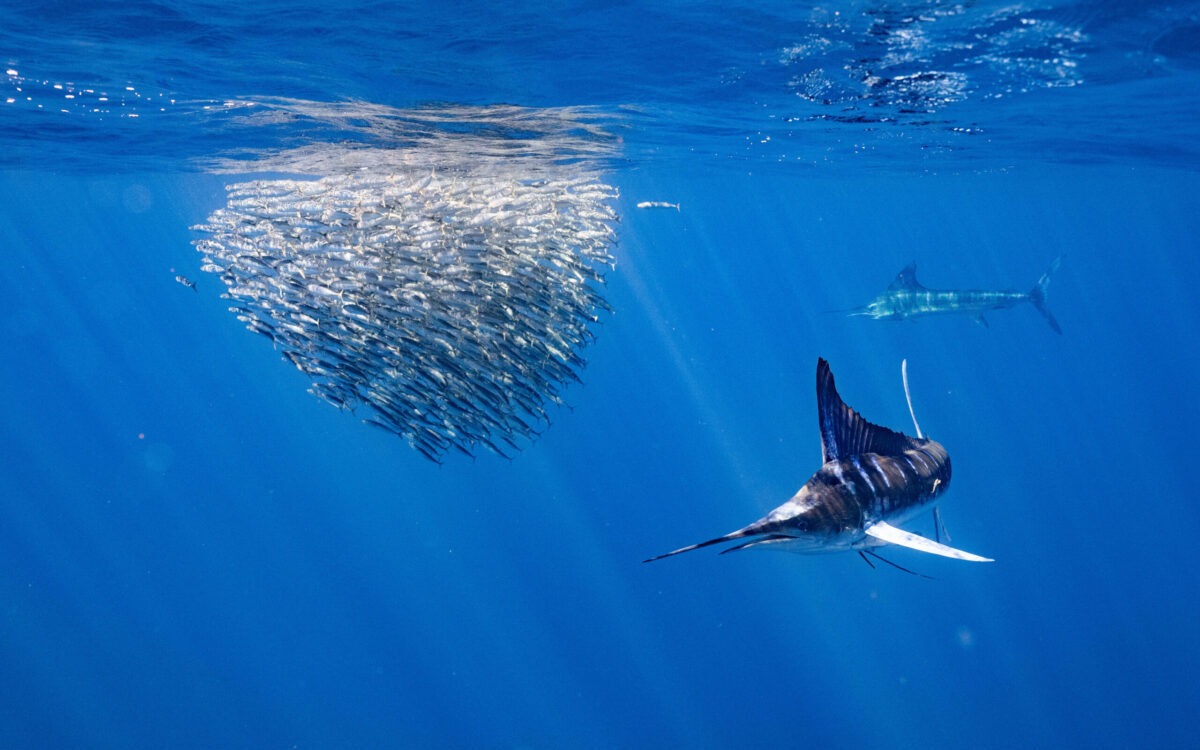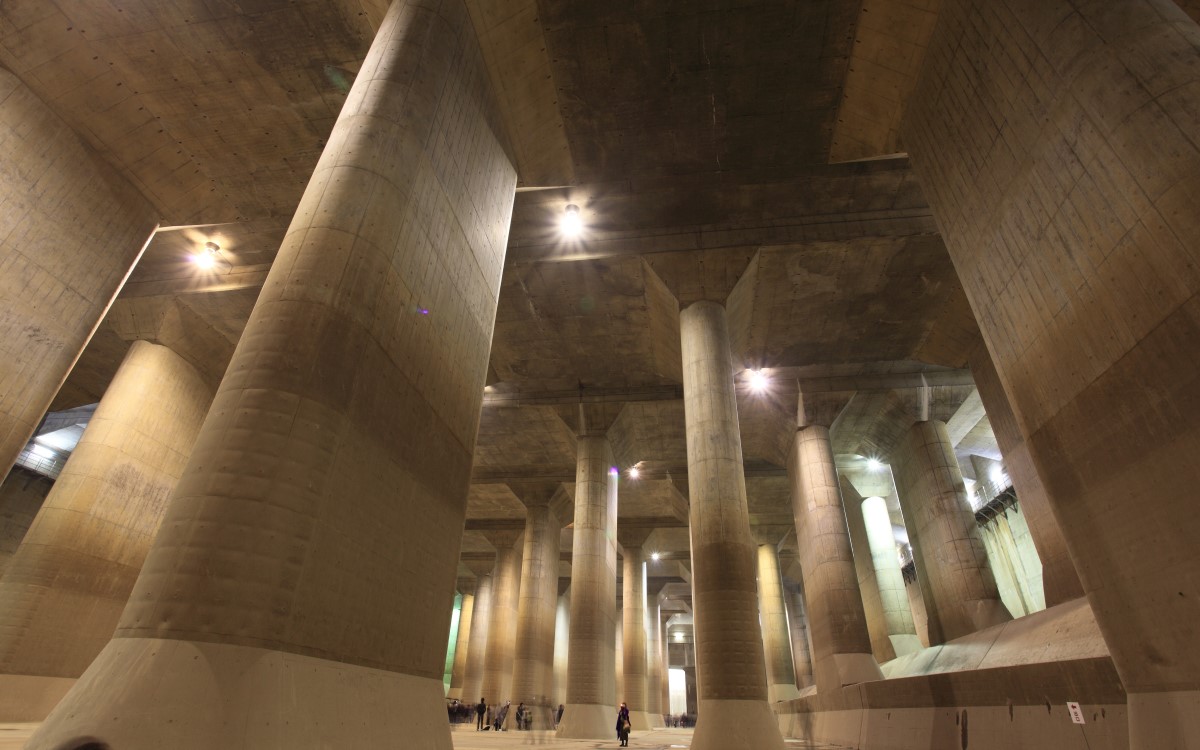With the recast of the Drinking Water Directive, ECHA has been given a task to compile and manage an EU positive list of chemicals that can be safely used in materials that come into contact with drinking water. The first positive list is expected to cover around 1500 chemicals and will be adopted by the European Commission by 2024.
As the first EU positive list will be based on the existing lists in the Member States, a review programme will be introduced through which the Agency will reassess all substances on the list within 15 years from its publication. ECHA will prioritise substances for the systematic review and recommend expiry dates for them. Each approved substance will be authorised for use for a limited period of time. The timing of the reviews will be based on the hazardous properties of the substances as well as the quality of and how up to date underlying risk assessments are.
How will the list be managed?
Companies will need to submit a review application to ECHA if they want to keep their substances on the positive list. Companies will also need to submit an application if they want to add new substances to the list. Member States can also submit dossiers to ECHA to remove substances from the list or to update entries – for example, when a concentration limit for a substance in drinking water changes. ECHA will assess applications and dossiers and its Committee for Risk Assessment will form its opinion for further decision making by the Commission.
Bjorn Hansen, ECHA’s Executive Director says: "We will assess substances used in materials to produce, for example, water pipes and taps, and look forward to working to help improving the quality of drinking water throughout Europe. Hereby, we can rely on our expertise in risk assessment, achieve efficiencies and ensure consistency across different pieces of chemicals legislation. Harmonising the assessment also ensures a level playing field for companies providing these materials across different European countries."
ECHA will support the Commission in developing information requirements for applicants and assessment methods. This work will be done in close collaboration with the European Food Safety Authority (EFSA) due to the close links with food contact materials.
Background
The provisional agreement on the recast of the Drinking Water Directive was reached on 18 December 2019 and is still subject to formal approval by the European Parliament and the Council. Following approval, the Directive will be published in the EU’s Official Journal and enter into force 20 days later.
Source: European Chemicals Agency







